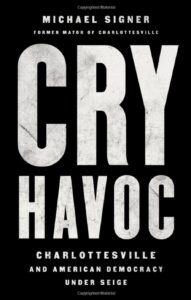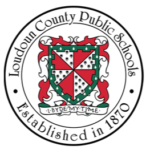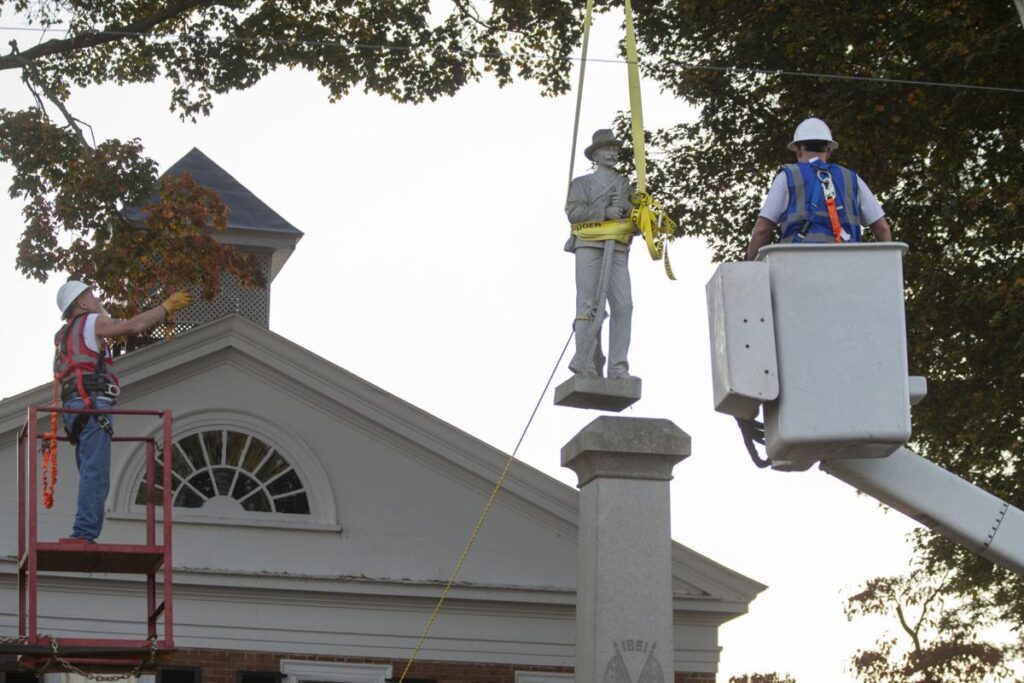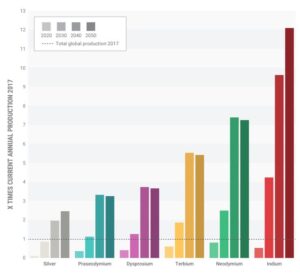
Joel Gardner, Undergraduate class of 1970; Law School class of 1974.
The following passage is excerpted from a letter written by Joel Gardner, author of “From Rebel Yell to Revolution,” to University of Virginia President Jim Ryan. — JAB
Our University community is more divided than at any time since the anti-war turbulence of 1969-70. I lived through that period on Grounds and chronicled in my book its many negative consequences for community cohesion. Fortunately, that turbulence was short lived, and by the time I graduated from the Law School in 1974 the divisions it created were mostly gone. But unfortunately, the cause of the current divisiveness is more insidious as it has become part of University policy. I am speaking about the social justice diversity and inclusion agenda based on race, ethnicity and gender that you have made the capstone of your “great and good” strategic plan.
With all due respect, many of us believe not only that such a social justice agenda is not “good,” but that even if it was, it would not be proper or appropriate for a university, especially a public university, to adopt it as policy. During our discussion I quoted from former Yale Law School Dean Anthony Kronman’s article “The Downside of Diversity.” If you have not read it in full, I suggest you do so (Wall St. Journal, 8/2/19). In it, Kronman states that diversity based on race and gender “is not an academic value. Its origin and aspiration are political. The demand for ever greater diversity in higher education is a political campaign masquerading as an educational ideal.” He further concludes that this form of identity politics “has steadily weakened the norms of objectivity and truth and substituted for them a culture of grievance and group loyalty. Rather than bringing students and faculty together on the common ground of reason, it has pushed them farther apart into separate silos of guilt and complaint.”
Having spent the past six years in Cville totally immersed in everything UVA, I can relate that any objective observer would confirm most of Dean Kronman’s observations. Indeed the current travesty on the Lawn is Exhibit A. I listened to the audio of your discussion with the Lawn student and read her opinion piece in the CD. One could not find a better example of the grievance and victimization culture that flows from your diversity social justice agenda. Continue reading →















